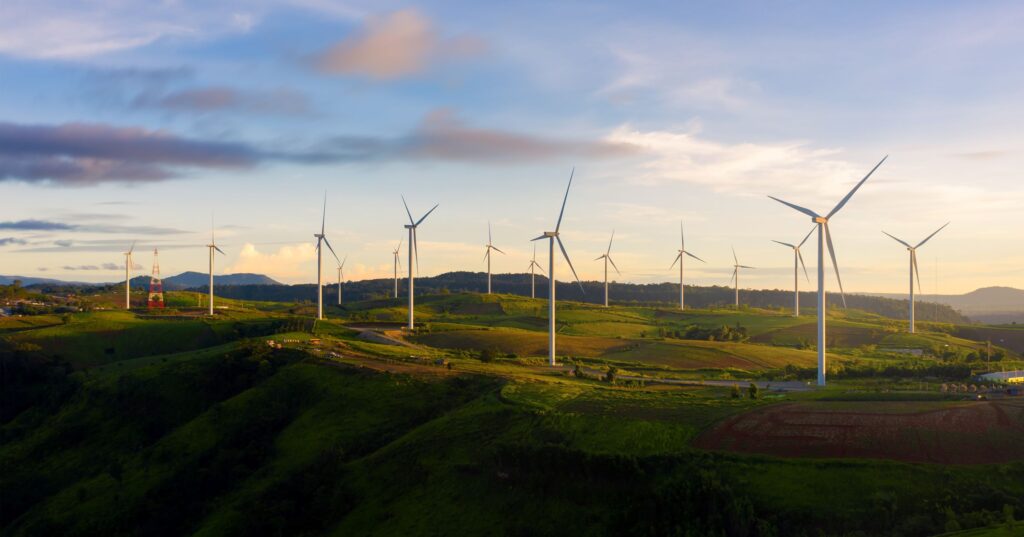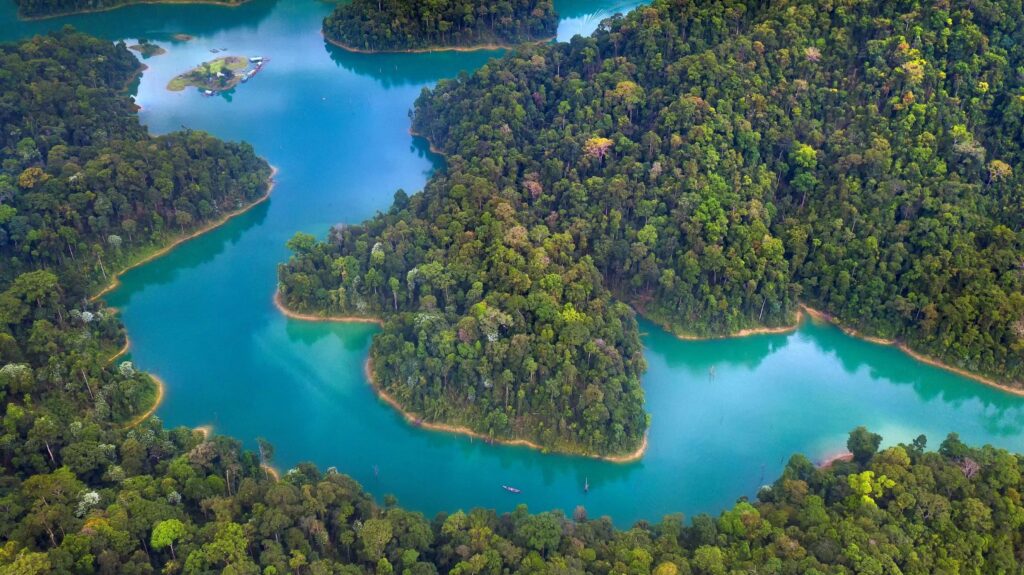Amazon Web Service (AWS) today announced that it is committed to helping companies across the Asia-Pacific region (including Japan) achieve their sustainability goals.
In a virtual press conference, AWS — the cloud computing arm of technology behemoth Amazon — also outlined three key sustainability concepts including sustainability of the cloud; sustainability in the cloud; and sustainability through the cloud, and how these key concepts can help technology companies in the region.
Unblocking “hurdles” to meet sustainability goals
Ken Haig, Head of Energy and Environment Policy for AWS in the Asia-Pacific region and Japan, said cloud computing plays a key role in unblocking “hurdles to meeting sustainability goals.”

Ken Haig, Head of Energy Policy, Asia Pacific and Japan, Amazon Web Services
Haig also stressed that cloud technology can help “balance business growth with sustainability considerations.”
“There’s just a ton of data, and analytics and innovation. And we’re going to need more computing power and more storage. So as we continue to embrace this digital transformation, we need to do so in a sustainable way. And we believe that the cloud is the most sustainable digital infrastructure possible available today,” Haig said.
“You may be aware, the world is continuing to embrace data analytics and innovation. Think about, you know, just the amount of cell phone networks remote work out there. Innovative customer services are increasingly being driven by artificial intelligence (AI), monitoring weather patterns to optimize the performance of solar panels or wind turbines.
On the sustainability of the cloud, Haig said that internet use and the amount of data that is out there or via the cloud has increased exponentially, while the associated energy use with running those workloads, has stayed essentially flat.
According to Haig, the sustainability of the cloud essentially means generating more computing power and more storage capacity with less energy.
“And we’re going to need to continue to do that as we move towards, you know, greater use of AI or machine learning, or Internet of Things, all of these other tools that will be important for innovating on a whole variety of sectors, we got to make sure that we’re continuing to reduce the amount of energy that’s needed to run those workloads,” he added.

Harnessing wind power (IMAGE CREDIT: Gettyimages)
3 checklists for sustainability
“So, when we think about sustainability, AWS, there’s sort of three buckets that we think of: one is the sustainability of the cloud, or how we’re trying to make our infrastructure more sustainable. The other is sustainability in the cloud, which refers to how AWS is helping companies use their resources more efficiently,” said Haig.
The AWS executive said the third concept or idea — sustainability through the cloud — means customers are innovating using cloud-enabled tools to drive deeper decarbonization across their businesses.
Haig explained that sustainability in the cloud pertains to how AWS is helping companies to use no more than they need and help them save money, as well as save up energy and free up capacity so others are able to allocate more workloads across the cloud infrastructure. “This is the one that I’m most excited about because this is how our customers are innovating using cloud-enabled tools to drive deeper decarbonization across their businesses — it’s the sustainability of the cloud.”
“As I mentioned, this is essentially the sustainability of our infrastructure. So, this goes for everything that we do from energy efficiency initiatives and renewable energy programs that I talked about a second ago, down to our water stewardship and water reduction programs,” Haig further said, using as an example AWS’s own sustainable goals, particularly in the region.

The importance of water stewardship (IMAGE CREDIT: Gettyimages)
Status of AWS Cloud infrastructure in APAC
“Today in the ASEAN, we have two active AWS regions in Singapore and Indonesia. We also have two AWS regions under construction that we have already announced this year. So, that’s in Thailand and Malaysia,” reported Haig.
“We also have three local zones in Bangkok, Manila, and one that is soon to be launched in Hanoi (Vietnam). So these are all, you know, bringing the same commitments that we’ve made at the global level to our infrastructure and into our customers,” he added.
Lastly, Haig said that when it comes to sustainability, AWS is also keen on working with governments.
Aside from APAC companies, Haig confirmed that AWS will continue working with regional policymakers “and others as to how we can help meet their climate ambitions or their sustainability, sustainable development goals, and the role that the cloud can play in doing so.” /JDP







